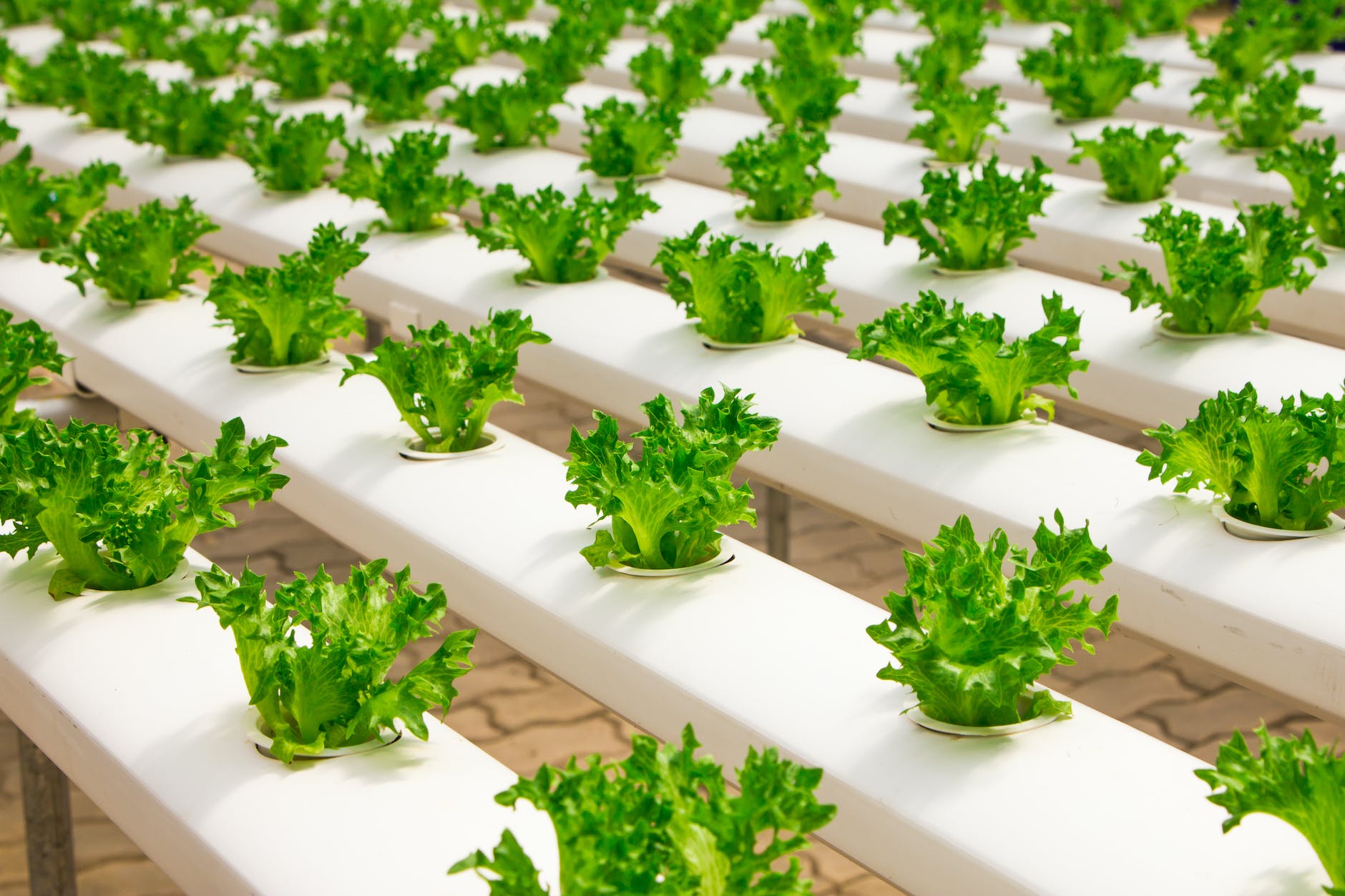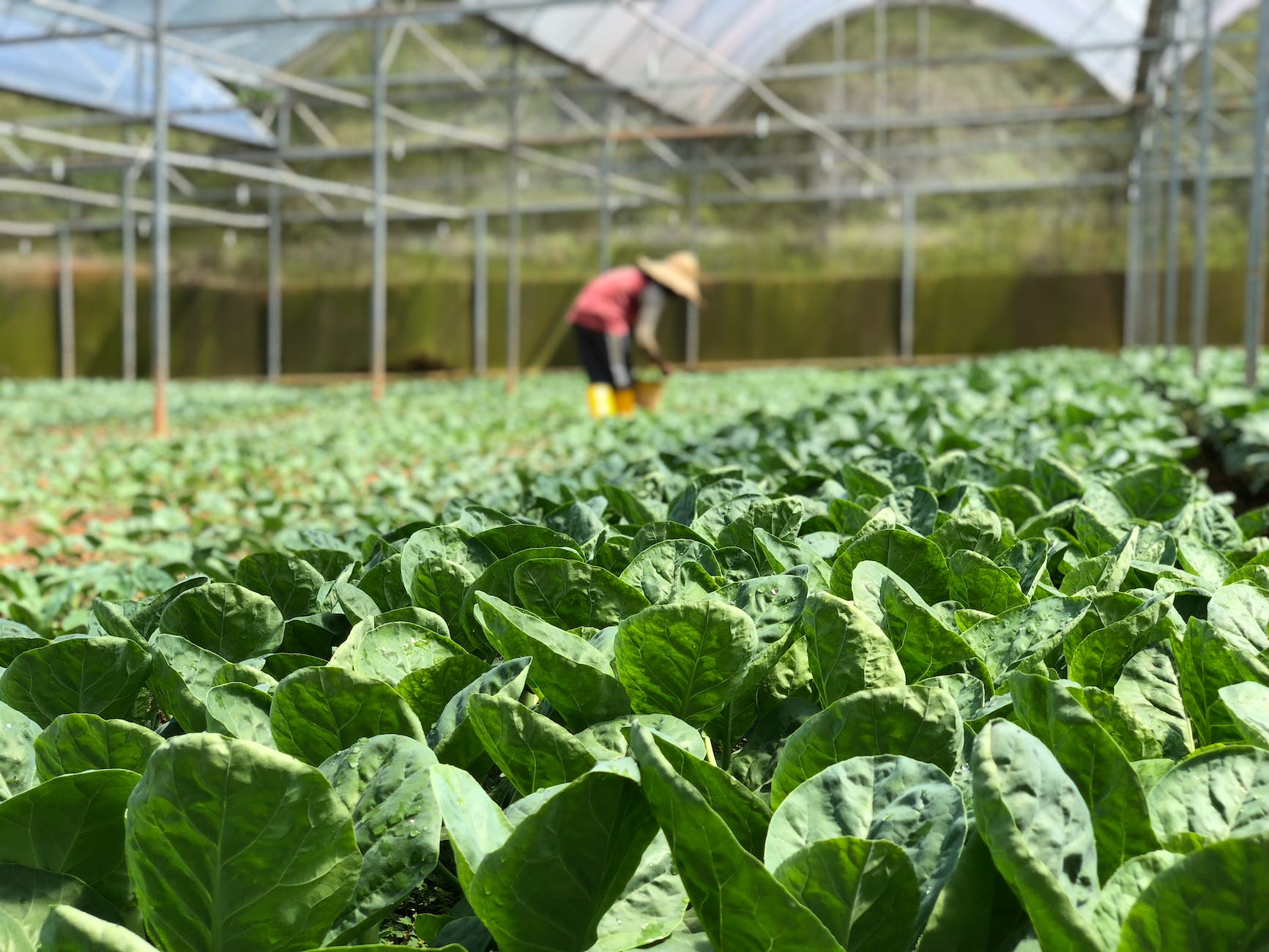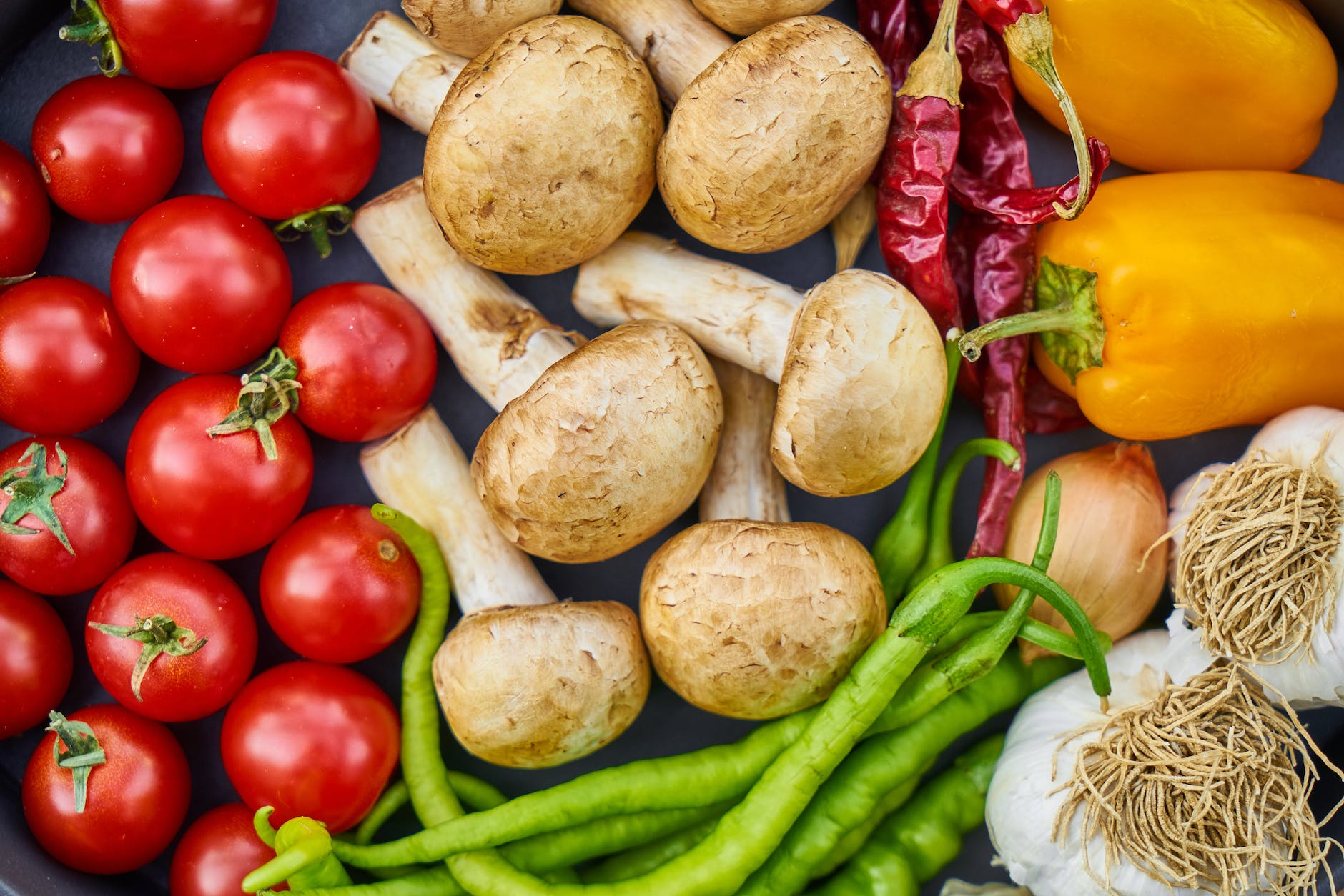Introduction: Understanding the Essence of Organic Farming
organic farming, sustainable agriculture, natural farming, organic produce, pesticide-free farming
In today’s world, where sustainability and environmental consciousness are gaining significant importance, organic farming has emerged as a beacon of hope. With the increasing demand for pesticide-free and chemical-free produce, understanding the essence of organic farming becomes crucial. This section aims to delve into the principles and practices that define organic farming, highlighting its benefits for both human health and the environment.
Organic farming is a form of sustainable agriculture that promotes the use of natural methods to cultivate crops and raise livestock. It emphasizes the preservation of soil fertility, biodiversity, and ecological balance while minimizing reliance on synthetic inputs such as pesticides and fertilizers. By adopting techniques such as crop rotation, composting, and biological pest control, organic farmers strive to maintain harmony with nature.
The significance of organic farming extends beyond just producing healthier food. It also plays a vital role in safeguarding our ecosystems by reducing water pollution, conserving energy, and promoting biodiversity. Additionally, it supports local economies by fostering small-scale farmers who adhere to environmentally friendly practices.
Throughout this section on understanding the essence of organic farming, we will explore various aspects such as its history, core principles, certification processes for organic produce, and its impact on human health. By gaining insights into this sustainable agricultural approach, we can make informed choices that benefit both ourselves and the planet we call home.
The Advantages of Choosing Organic Farming for Farmers and Consumers
organic food, organic agriculture, benefits of organic farming, advantages of organic produce
Organic farming has gained significant attention in recent years, and for good reason. With increasing concerns about the impact of conventional agriculture on our health and the environment, more farmers and consumers are turning to organic farming as a sustainable and responsible choice.
One of the key advantages of choosing organic farming is the production of organic food. Unlike conventionally grown produce, organic crops are cultivated without the use of synthetic pesticides, herbicides, or genetically modified organisms (GMOs). This means that consumers can enjoy fruits, vegetables, and other agricultural products that are free from harmful chemicals and potentially harmful residues.
Furthermore, organic farming practices prioritize soil health and biodiversity conservation. Farmers who choose to go organic employ techniques such as crop rotation, composting, and natural pest control methods. By avoiding chemical inputs and promoting natural processes, organic farmers not only protect their land but also contribute to the overall health of our ecosystems.
Another advantage of organic farming is its positive impact on human health. Numerous studies have shown that consuming organic produce can reduce exposure to pesticide residues commonly found in conventionally grown crops. Additionally, some research suggests that organically grown food may have higher nutrient content compared to its conventional counterparts.
Moreover, opting for organic products supports local economies and promotes sustainable agriculture. Organic farms often prioritize fair labor practices and maintain closer relationships with their communities. By purchasing organically produced goods, consumers directly contribute to the growth of local businesses while encouraging environmentally friendly practices.
In conclusion, choosing organic farming offers numerous benefits for both farmers and consumers alike. From producing healthier food free from harmful chemicals to promoting sustainable agriculture practices that protect our planet’s resources – the advantages of going organic are clear. As awareness continues to grow about the importance of making conscious choices for our well-being and the environment, it is no wonder why more people are embracing this transformative approach to food production.
– Reduced exposure to harmful pesticides- Improved soil quality and biodiversity- Protection of water resources- Healthier and safer food options
Organic Farming Techniques: How to Implement Sustainable Practices
organic farming methods, sustainable agriculture techniques, natural pest control methods
In today’s world, where environmental sustainability is becoming increasingly important, organic farming techniques have gained significant attention. Implementing sustainable practices in agriculture not only ensures the production of healthy and nutritious food but also helps in preserving the natural resources for future generations.
Organic farming methods focus on minimizing the use of synthetic inputs such as chemical fertilizers and pesticides. Instead, farmers rely on sustainable agriculture techniques that promote soil health, biodiversity, and natural pest control methods.
By adopting organic farming practices, farmers can reduce their reliance on harmful chemicals that can have detrimental effects on both human health and the environment. These techniques prioritize the use of compost, crop rotation, cover cropping, and integrated pest management to maintain a balanced ecosystem within the farm.
One of the key aspects of sustainable agriculture is natural pest control methods. Instead of relying solely on chemical pesticides that can harm beneficial insects and pollinators, organic farmers employ various tactics such as companion planting, trap crops, biological controls like ladybugs or praying mantises to manage pests effectively.
Implementing these organic farming techniques requires knowledge and understanding of ecological processes. Farmers need to be aware of crop rotation schedules, soil fertility management strategies, and effective water conservation methods to ensure long-term sustainability.
In this section, we will explore different organic farming techniques in detail and provide practical tips on how to implement them successfully. By embracing sustainable practices in agriculture, we can contribute towards a healthier planet while enjoying the benefits of nutritious produce grown in harmony with nature.
– Crop rotation and intercropping- Composting and use of natural fertilizers- Weed management without herbicides- Integrated pest management strategies
The Economic Viability of Organic Farming: Is it a Profitable Venture?
economics of organic farming, profitability in organic agriculture, market demand for organic produce
In recent years, there has been a growing interest in organic farming as consumers become more conscious of the environmental and health impacts of conventional agriculture. However, one crucial question remains: Is organic farming a profitable venture? In this section, we will delve into the economics of organic farming and explore whether it can be a financially viable option for farmers. By examining factors such as market demand for organic produce and the potential for higher prices, we will determine if organic farming can not only be environmentally sustainable but also economically rewarding. So, let’s explore the profitability of organic agriculture and uncover its potential as a lucrative endeavor in today’s market.
– Growing consumer demand for organic products- Higher price premiums for organic produce- Potential cost savings from reduced chemical inputs
The Environmental Impact: How Organic Farming Supports Biodiversity and Ecosystems
biodiversity conservation in agriculture, ecosystem services in organic farming
In today’s world, where environmental concerns are at the forefront of global discussions, organic farming has emerged as a sustainable and eco-friendly alternative to conventional agriculture. This section delves into the crucial role that organic farming plays in supporting biodiversity and ecosystems, highlighting the positive impact it has on our planet.
One of the key benefits of organic farming is its emphasis on biodiversity conservation in agriculture. Unlike conventional farming practices that rely heavily on synthetic pesticides and fertilizers, organic farming promotes natural methods to control pests and enhance soil fertility. By avoiding harmful chemicals, organic farmers create a conducive environment for various plant and animal species to thrive.
Furthermore, organic farming practices provide numerous ecosystem services that contribute to the overall health of our planet. These services include improved soil quality, water conservation, carbon sequestration, and enhanced pollination. By fostering a diverse range of plants and beneficial insects, organic farms become havens for wildlife and support the delicate balance of ecosystems.
As we explore further into this section, we will uncover the specific ways in which organic farming supports biodiversity conservation and how it contributes to the preservation of ecosystem services. Through this examination, we can gain a deeper understanding of why embracing organic agriculture is not only essential for sustainable food production but also crucial for safeguarding our precious natural resources.
Stay tuned as we delve into the fascinating world of organic farming and its profound impact on biodiversity conservation and ecosystems!
– Preservation of beneficial insects and pollinators – Protection of soil health and microorganisms – Reduction in greenhouse gas emissions
Conclusion: Embracing the Benefits of Organic Farming for a Sustainable Future
In conclusion, embracing the benefits of organic farming is crucial for creating a sustainable future. Organic farming practices promote the health and well-being of the environment, animals, and humans. By avoiding the use of synthetic chemicals and fertilizers, organic farming reduces pollution and soil degradation. Additionally, organic farming practices support biodiversity and the preservation of natural resources. Organic farmers also prioritize animal welfare, ensuring the ethical treatment of livestock. Moreover, organic produce is healthier for consumers, as it is free from harmful chemicals and pesticides.
The adoption of organic farming methods is a necessary step towards building a more sustainable agricultural system. Governments, farmers, and consumers all have a role to play in supporting and promoting organic practices. By investing in research and development, providing financial incentives, and raising awareness of the benefits, governments can encourage the transition to organic farming. Farmers can implement organic farming techniques on their lands and participate in organic certification programs. Consumers can make conscious choices by buying organic products and supporting local organic farmers.
Transitioning to organic farming is not without its challenges and requires commitment and collaboration from all stakeholders. However, the long-term benefits far outweigh the initial difficulties. By embracing organic farming, we can ensure a healthier and more sustainable future for ourselves and future generations.










